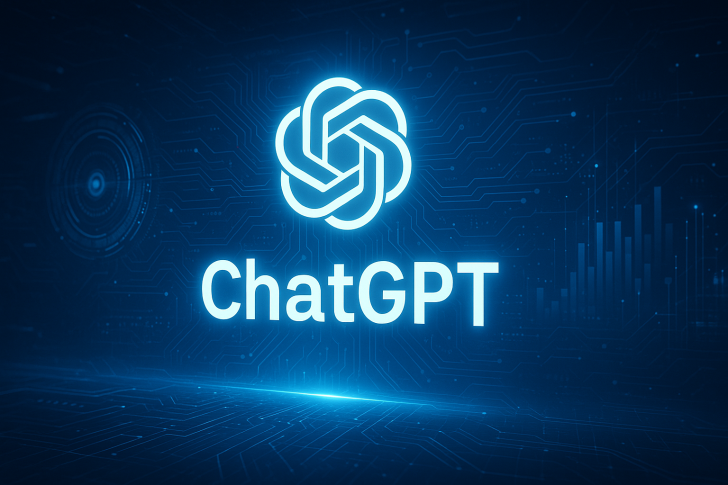It's one of the strangest contradictions in today's economy. AI is wiping out jobs left and right, yet Wall Street keeps hitting new records. So what's really going on here?
The Job Market Takes a Hit
A recent observation by Stock Sharks pointed out something we're all starting to feel: "ChatGPT's ripple effect: jobs down, markets up."
ChatGPT and similar AI tools are moving fast—really fast. Companies are plugging them into customer service, marketing, coding, even legal work. The pitch is always the same: cut costs, work faster, stay competitive. But there's a human cost that often gets glossed over.
People doing routine work are feeling it first. Call center reps, copywriters, junior developers—roles that involve repetitive tasks are disappearing or shrinking. Sure, there are new AI-related jobs popping up, but not nearly enough to catch everyone who's being pushed out. And let's be honest, not everyone can just pivot into prompt engineering or machine learning overnight.
Wall Street Loves It
Here's where things get weird. While workers worry, investors are celebrating. They see AI as the next big money-maker, and they're betting big. Companies like Nvidia, Microsoft, and Alphabet have seen their stock prices soar because they're the ones building or using this tech.
Take Nvidia—they make the chips that power AI. Demand has gone through the roof, and so has their stock. Investors love hearing about "AI-driven efficiencies" and "higher margins." Translation: fewer employees, bigger profits. It's great for shareholders, awkward for everyone else.
That phrase—"jobs down, markets up"—really says it all. AI is a double-edged sword. It's creating wealth and innovation on one side, but destabilizing entire industries on the other. The question isn't whether AI is good or bad. It's whether we can handle the transition without leaving millions of people behind.
We need reskilling programs that actually work, not just corporate PR. We need companies to think about the ethics of automation, not just the bottom line. And we probably need some kind of safety net to help people who get caught in the crossfire.
 Usman Salis
Usman Salis

 Usman Salis
Usman Salis


